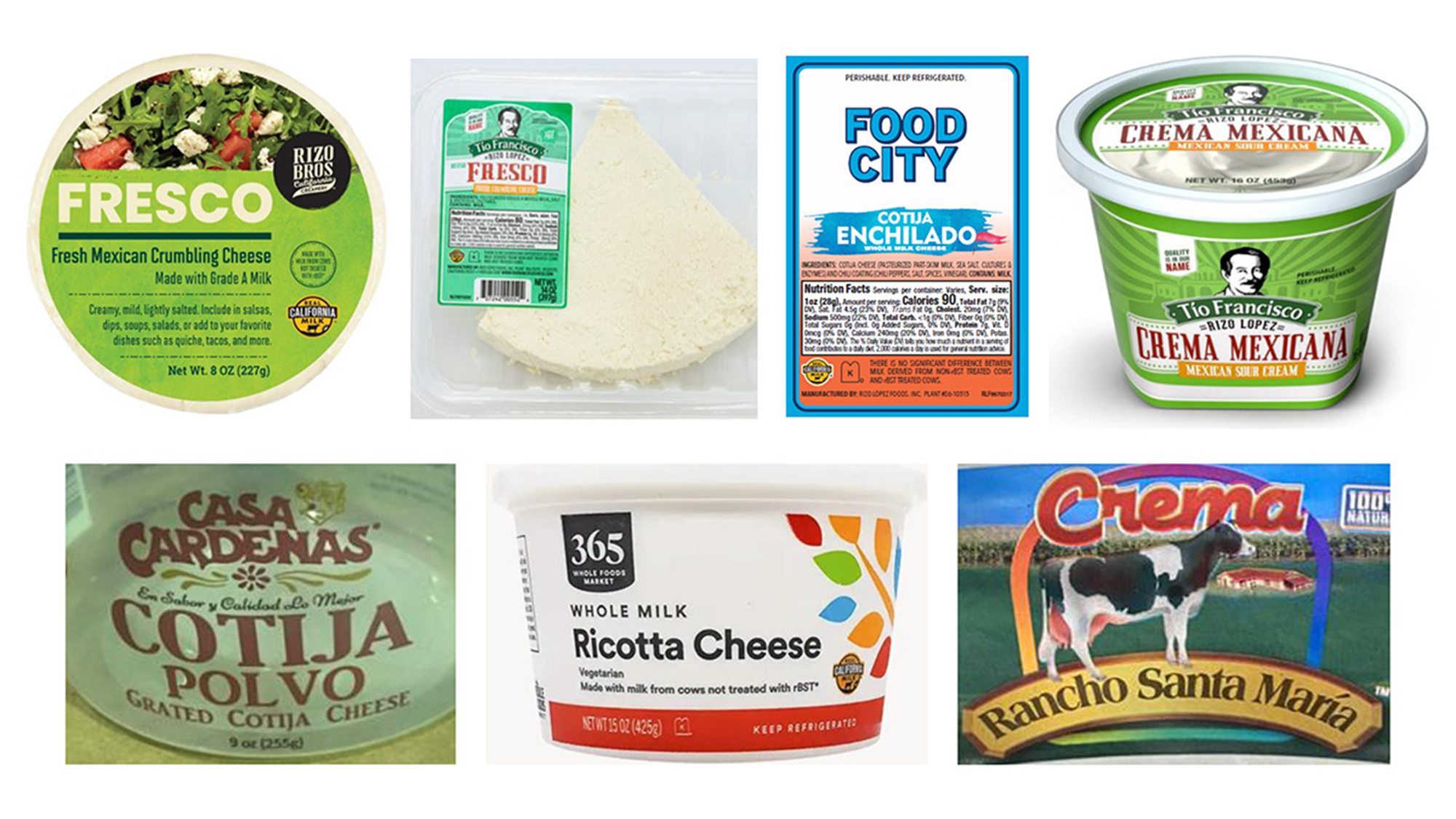Listeria Outbreak In Ramen Noodles 2024: What You Need To Know
The year 2024 has witnessed a concerning outbreak of Listeria linked to ramen noodles, raising significant health alarms across the globe. As public health officials scramble to address this issue, it is imperative for consumers to stay informed about the risks associated with these popular noodle dishes. This article delves into the details of the Listeria outbreak, its causes, effects, and preventive measures.
In recent months, reports have surfaced detailing cases of Listeria infections associated with certain brands of ramen noodles. These incidents have prompted widespread recalls and investigations, highlighting the need for increased awareness and vigilance among consumers. Understanding the implications of this outbreak is crucial for safeguarding your health and well-being.
This article will explore various facets of the Listeria outbreak in ramen noodles, including its origins, symptoms of infection, affected products, and expert recommendations for safe consumption. We aim to provide comprehensive and authoritative information to help you navigate this unsettling situation.
Table of Contents
- What is Listeria?
- Symptoms of Listeria Infection
- Ramen Noodles and the Listeria Outbreak
- Affected Products
- Who is at Risk?
- Preventive Measures
- What to Do If You Are Affected
- Conclusion
What is Listeria?
Listeria monocytogenes is a type of bacteria that can cause a serious infection known as listeriosis. This bacterium is commonly found in contaminated food and can lead to severe health complications, particularly in vulnerable populations. Here are some key points about Listeria:
- It can thrive in cold environments, making it a significant concern for refrigerated foods.
- Pregnant women, newborns, the elderly, and individuals with weakened immune systems are at higher risk.
- Common sources of Listeria include unpasteurized dairy products, deli meats, and contaminated vegetables.
Symptoms of Listeria Infection
Recognizing the symptoms of listeriosis is vital for timely intervention. Symptoms may vary depending on the individual's health status and the severity of the infection. Common symptoms include:
- Fever and chills
- Muscle aches
- Nausea and diarrhea
- Headache and confusion
In pregnant women, listeriosis can lead to miscarriage, stillbirth, or severe illness in the newborn. It is crucial to seek medical attention if any of these symptoms arise, especially after consuming potentially contaminated food.
Ramen Noodles and the Listeria Outbreak
The 2024 Listeria outbreak linked to ramen noodles has raised alarms among health officials and consumers alike. Investigations have revealed that certain brands may have been contaminated during the manufacturing process. Factors contributing to this outbreak include:
- Inadequate cooking or reheating of noodles
- Cross-contamination during preparation
- Improper storage conditions
As a result, public health authorities have issued warnings and recommendations for consumers regarding the consumption of ramen noodles. It is essential to stay updated on the latest news regarding this outbreak.
Affected Products
Various brands of ramen noodles have been implicated in the Listeria outbreak. Below is a table summarizing the affected products:
| Brand | Product Name | Batch Number | Recall Date |
|---|---|---|---|
| Brand A | Spicy Chicken Ramen | Batch 12345 | January 15, 2024 |
| Brand B | Beef Ramen Noodles | Batch 67890 | January 20, 2024 |
Consumers are advised to check their pantry for these products and dispose of them immediately if found. It is crucial to follow updates from the FDA and CDC regarding further recalls and safety advisories.
Who is at Risk?
Understanding who is at risk for listeriosis is essential for prevention. Certain populations are more vulnerable to severe outcomes from Listeria infections, including:
- Pregnant women
- Newborns and infants
- The elderly (over 65 years old)
- Individuals with compromised immune systems due to conditions such as diabetes, HIV, or undergoing chemotherapy
If you belong to any of these high-risk categories, it is crucial to exercise caution when consuming food products, especially those linked to recent outbreaks.
Preventive Measures
Taking preventive measures can significantly reduce the risk of Listeria infection. Here are some recommendations:
- Cook ramen noodles thoroughly, ensuring they reach a safe temperature.
- Avoid cross-contamination by using separate utensils for raw and cooked foods.
- Store noodles in the refrigerator and consume them before their expiration date.
- Regularly clean and sanitize kitchen surfaces to prevent bacterial growth.
By following these guidelines, consumers can help protect themselves and their families from foodborne illnesses.
What to Do If You Are Affected
If you suspect that you have consumed contaminated ramen noodles and are experiencing symptoms of listeriosis, it is crucial to take the following steps:
- Seek medical attention promptly, especially if you belong to a high-risk group.
- Inform your healthcare provider about the specific product you consumed.
- Stay hydrated and rest while awaiting medical advice.
Early detection and treatment are vital for managing listeriosis effectively.
Conclusion
In conclusion, the Listeria outbreak in ramen noodles during 2024 has raised significant health concerns that warrant attention. By understanding the risks, symptoms, and preventive measures, consumers can take proactive steps to safeguard their health. Stay informed, check for recalled products, and prioritize safe food handling practices. If you found this information helpful, consider leaving a comment, sharing this article, or exploring more related content on our site.
Thank you for reading, and we encourage you to return for more updates and valuable insights in the future.
Is Ramen Noodles Recalled? Everything You Need To Know
Hugh Jackman: A Deep Dive Into His Life, Career, And Relationships
Cheryl Hines' Daughter Accident: A Comprehensive Overview


